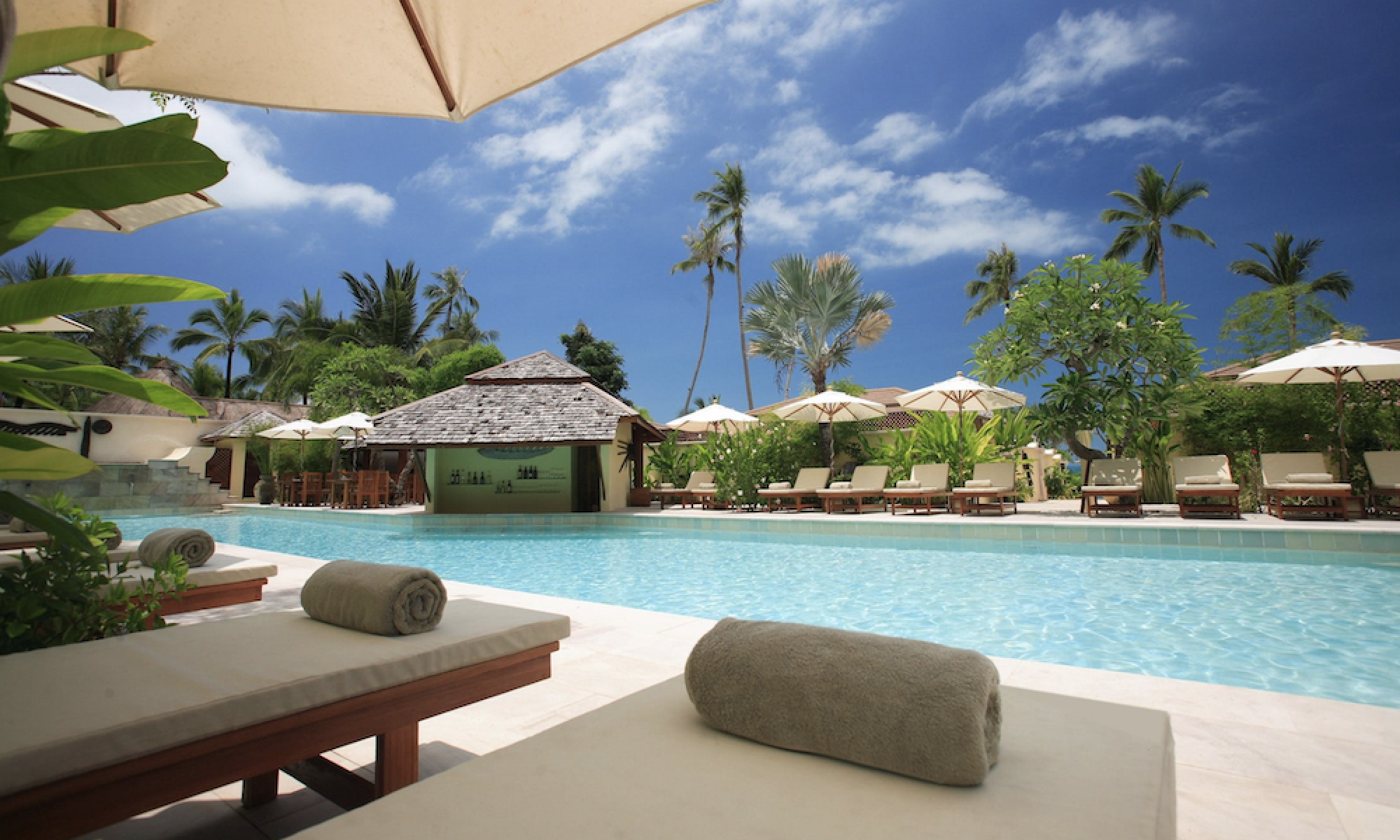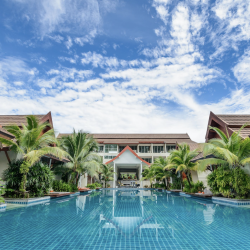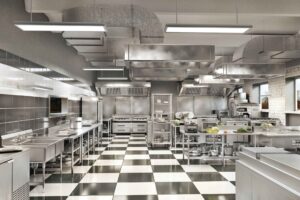The hospitality industry is a multifaceted domain that demands exceptional attention to detail and a keen understanding of the diverse needs of guests. Among the many elements that contribute to the success of a hotel, the restaurant plays a pivotal role. Restaurants within hotels are not just places to dine; they are also social hubs, offering culinary experiences that leave a lasting impression on guests. To ensure that a hotel’s restaurant operates seamlessly and meets the highest standards of quality, it is essential to invest in the expertise of kitchen design consultants. In this article, we will delve into the crucial reasons why hotels need kitchen design consultants for their restaurants, emphasizing the impact on both guest satisfaction and overall business success.
Streamlining Operations
Efficiency is the lifeblood of any successful restaurant. To ensure that a hotel’s restaurant functions like a well-oiled machine, kitchen design consultants bring invaluable insights. They specialize in optimizing kitchen layouts, ensuring that the flow of food preparation and service is smooth and efficient. Here are some specific ways in which kitchen design consultants contribute to streamlined operations:
Space Utilization: Hotels often have limited space to work with, making it essential to maximize every square foot of the kitchen area. Kitchen design consultants can devise layouts that maximize space utilization without compromising on functionality or safety.
Workflow Efficiency: Consultants understand the ideal workflow for a kitchen, from food storage and preparation to plating and service. This optimization reduces wait times and enhances the overall dining experience.
Safety and Compliance: Consultants are well-versed in safety regulations and sanitation standards, ensuring that the kitchen meets all health and safety requirements. This is vital for maintaining the hotel’s reputation and avoiding legal issues.
Cost Control
Effective kitchen design is not just about creating a visually appealing space but also about managing costs efficiently. Kitchen design consultants can provide cost-effective solutions that yield long-term benefits for the hotel:
Equipment Selection: Consultants have extensive knowledge of kitchen equipment and can recommend energy-efficient, durable, and cost-effective appliances, thus reducing operational expenses.
Energy Efficiency: With sustainability becoming a key concern for both guests and hotel owners, consultants can integrate eco-friendly features that help reduce energy consumption, resulting in cost savings and a positive environmental impact.
Material Choices: Kitchen design consultants can guide hotels in selecting the right materials for countertops, flooring, and walls, balancing aesthetics with durability and cost-effectiveness.
Enhancing Guest Experience
A memorable dining experience is a crucial component of a hotel’s overall appeal. The restaurant’s design, layout, and kitchen operations directly impact the guest experience:
Ambiance: The layout and design of the kitchen can either add to or detract from the ambiance of the dining area. A well-designed kitchen that allows guests to catch a glimpse of the culinary action can add a sense of excitement to their dining experience.
Speed of Service: An efficiently designed kitchen ensures that guests are not kept waiting for their meals. Quick and precise service enhances guest satisfaction and encourages repeat business.
Consistency: Kitchen design consultants help hotels create standardized processes, leading to consistent food quality and presentation, which is essential for maintaining a positive reputation.
Adaptability and Future-Proofing
The hospitality industry is ever-evolving, with changing food trends, customer preferences, and technological advancements. Kitchen design consultants can help hotels remain adaptable and future-proof their restaurants:
Flexibility: Consultants can create modular designs that can be easily adapted to changing menu offerings and kitchen requirements, reducing the need for extensive renovations in the future.
Technology Integration: With the growing role of technology in the restaurant industry, consultants can incorporate state-of-the-art kitchen technologies that improve efficiency, communication, and data analysis.
Market Trends: Kitchen design consultants stay updated with the latest culinary trends, allowing hotels to incorporate popular concepts and features into their restaurant design.
Conclusion
In the competitive world of hospitality, every element of a hotel’s operation matters. The restaurant, as a central component of guest experience, deserves special attention. Kitchen design consultants play a pivotal role in creating efficient, cost-effective, and guest-centric restaurant kitchens. They help streamline operations, control costs, enhance the guest experience, and future-proof the business.
Investing in kitchen design consultants is not just about aesthetics; it’s about optimizing functionality, ensuring safety, and creating an environment that allows chefs to excel. By doing so, hotels can stand out in the hospitality industry, earn a stellar reputation, and secure repeat business from satisfied guests. In an industry where excellence is paramount, the guidance of kitchen design consultants is a recipe for success.


